Search the Special Collections and Archives Portal
Search Results
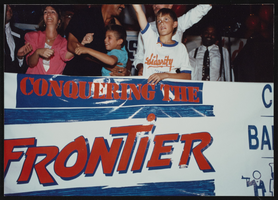
Jesse Jackson rally, Culinary Union, Las Vegas (Nev.), 1991 October 11 (folder 4 of 7), image 31
Date
1991-10-11
Description
Arrangement note: Series I. Demonstrations, Subseries I.B. Other Demonstrations and Strikes
Image
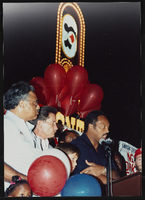
Jesse Jackson rally, Culinary Union, Las Vegas (Nev.), 1991 October 11 (folder 4 of 7), image 32
Date
1991-10-11
Description
Arrangement note: Series I. Demonstrations, Subseries I.B. Other Demonstrations and Strikes
Image
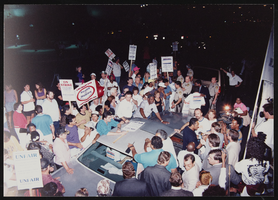
Jesse Jackson rally, Culinary Union, Las Vegas (Nev.), 1991 October 11 (folder 4 of 7), image 33
Date
1991-10-11
Description
Arrangement note: Series I. Demonstrations, Subseries I.B. Other Demonstrations and Strikes
Image
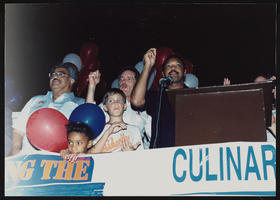
Jesse Jackson rally, Culinary Union, Las Vegas (Nev.), 1991 October 11 (folder 4 of 7), image 34
Date
1991-10-11
Description
Arrangement note: Series I. Demonstrations, Subseries I.B. Other Demonstrations and Strikes
Image
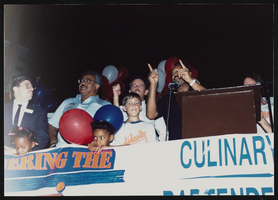
Jesse Jackson rally, Culinary Union, Las Vegas (Nev.), 1991 October 11 (folder 4 of 7), image 35
Date
1991-10-11
Description
Arrangement note: Series I. Demonstrations, Subseries I.B. Other Demonstrations and Strikes
Image
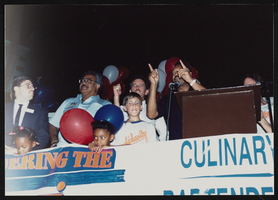
Jesse Jackson rally, Culinary Union, Las Vegas (Nev.), 1991 October 11 (folder 4 of 7), image 36
Date
1991-10-11
Description
Arrangement note: Series I. Demonstrations, Subseries I.B. Other Demonstrations and Strikes
Image
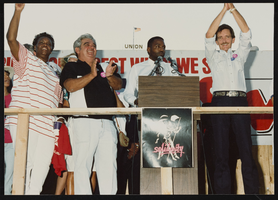
Jesse Jackson rally, Culinary Union, Las Vegas (Nev.), 1991 October 11 (folder 4 of 7), image 37
Date
1991-10-11
Description
Arrangement note: Series I. Demonstrations, Subseries I.B. Other Demonstrations and Strikes
Image
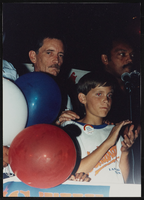
Jesse Jackson rally, Culinary Union, Las Vegas (Nev.), 1991 October 11 (folder 4 of 7), image 38
Date
1991-10-11
Description
Arrangement note: Series I. Demonstrations, Subseries I.B. Other Demonstrations and Strikes
Image
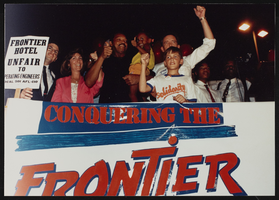
Jesse Jackson rally, Culinary Union, Las Vegas (Nev.), 1991 October 11 (folder 4 of 7), image 39
Date
1991-10-11
Description
Arrangement note: Series I. Demonstrations, Subseries I.B. Other Demonstrations and Strikes
Image
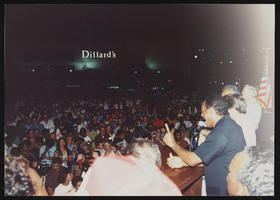
Jesse Jackson rally, Culinary Union, Las Vegas (Nev.), 1991 October 11 (folder 4 of 7), image 40
Date
1991-10-11
Description
Arrangement note: Series I. Demonstrations, Subseries I.B. Other Demonstrations and Strikes
Image
Pagination
Refine my results
Content Type
Creator or Contributor
Subject
Archival Collection
Digital Project
Resource Type
Year
Material Type
Place
Language
Records Classification
